
Deferred motherhood
“Deferred motherhood” is a program in the ART group – assisted reproductive technologies. The Deferred motherhood program involves oocytes storage in the cryobank for subsequent IVF.
The deferred motherhood program allows to preserve healthy female eggs by vitrification or rapid freezing of eggs. This technique ensures long-term storage of genetic material without losing properties and quality for subsequent reproductive functions.
Cryopreservation has been used in medicine for a long time and allows you to preserve the potential of the egg. This method is absolutely safe and does not in any way affect the quality of the embryo or the health of the unborn child.
Today, due to the high pace of life and possible medical contraindications, women are not always able to give birth to a child before reaching the age of 35, when the peak of fertility passes. As a rule, after the age of 35, women accumulate a certain number of gynecological diseases, which can potentially provoke the inability to achieve pregnancy naturally or the birth of a child with a number of disorders. The deferred motherhood program is a promising direction in reproductive medicine, providing care for your future child in the present.
Delayed motherhood at A.Tsyb MRRC
Patients of our center have access to the full range of services from the Assisted Reproductive Technologies group. The department of new medical technologies with a group for the treatment of breast diseases successfully implements the “Deferred motherhood” program. The head of the department is Professor Marina Viktorovna Kiseleva, she is the author of the program “Reproductive Health of Cancer Patients”. We allow patients to preserve their genetic material until treatment begins. After completion of treatment, our patients can fully realize their reproductive functions. The doctors’ many years of experience allow them to perform all assigned tasks as efficiently as possible, and the medical equipment meets all modern requirements.
What do we offer?
- “Deferred motherhood” for patients diagnosed with cancer;
- Selection of embryos by biopsy to eliminate hereditary forms of cancer;
- “Deferred motherhood” for couples diagnosed with infertility;
- “Deferred motherhood” without medical indication for people wishing to postpone the birth of a child to a later age.
Admission to the deferred motherhood programm
There are many indications for joining the deferred motherhood programm, but they can be divided into two main groups:
- Medical
- freezing of the eggs before the toxic treatment of oncological diseases;
- before surgery on the ovaries;
- before surgery on the ovaries;
- hereditary factor of early menopause;
- freezing germ cells or embryos in the IVF process for future use;
- Social
- freezing eggs by single women;
- deliberate postponement of childbirth to a later age;
- career.
Age plays an important role. If the couple for any reason decides to postpone the birth of a child indefinitely, you should think about cryopreservation of genetic material up to 35 years. “Deferred motherhood” may be exercised only in the absence of medical contraindications. For this purpose, at the preparatory stage, a detailed survey is mandatory to exclude possible contraindications.
The “Deferred motherhood” program is particularly important for the preservation of fertility in cancer patients, both women and men. Opportunities of cryobank A. Tsyb MRRC – the first specialized cryobank for the genetic material of oncological patients, allow long-term storage of samples for IVF procedure after a time. For our patients, cryobanka services are provided free of charge.
Please note that in the interest of the health of our patients, IVF after cancer treatment is performed only after a certain period of time, associated with the risk of recurrence of the tumor process. Services are provided completely free of charge.
What is the essence of Deferred Motherhood?
- A set of surveys that includes both an assessment of the general state of the body and a detailed diagnosis of the reproductive system.
- Hormonal stimulation of ovulation;
- Follicle puncture and egg intake;
- Oocyte Cryopreservation.
Can freezing an embryo affect a child’s health?
No, cryopreservation has no negative impact on either the quality of the biomaterial or the child’s health. Modern technology provides almost instant liquid freezing, which avoids the formation of crystals and investigative damage to the samples.
Are there any restrictions on egg freezing?
There is age limit. It is better for women to join the Deferred motherhood program and undergo oocyte cryopreservation before the age of 35. At that time, the reproductive function declines, the quality and number of eggs decreases, and hence the likelihood of conception. However, this is affected not only by age, but also by adverse environmental factors, inactive lifestyles, associated general mental illness. The quality of the egg depends on the quality of the embryo and the health of the unborn child.
How’s the going?
Oocyte fence begins after detailed examination and in the absence of contraindications. In the first place, stimulation of the ovaries is carried out – within ten days, the woman takes hormonal medications prescribed by the attending physician on an individual plan, taking into account many indicators. During this time, a periodical ultrasound is performed to assess the growth of follicles. It’s a very short procedure, it’s anaesthetic and it doesn’t require long-term recovery.
The manipulation during the procedure is controlled by ultrasound. The extraction of follicular fluid is carried out with the help of a transvaginal sensor and a very thin biopsy needle, which allows the most accurate and less traumatic procedure. The collected material is sent to the laboratory, where the embryologist will work with him. After examining the eggs of the best quality, the eggs are frozen, and the deferred motherhood program is considered complete.
How safe is oocyte cryopreservation?
The Deferred motherhood program has been actively applied worldwide and the risks of the procedure have been minimized. Due to special technologies, the properties of the egg cell are not damaged during freezing, storage and thawing. Nitrification of the eggs in A. Tsyb MRRC is performed by experienced doctors using advanced high-quality equipment according to approved standards of medical care. Cryopreservation does not have a negative impact on the birth. This technique has been widely used for quite some time, and a lot of clinical studies have been carried out in the course of medical practice, providing reliable manipulation. Data from surveillance groups around the world prove that IVF-conceived children are no different from naturally conceived children. No difference in health was found.
Under what conditions is biological material stored?
Immediately before cryopreservation, all collected material is carefully marked and then placed in special tanks. A prerequisite for long-term storage without loss of the quality of the biomaterial is the so-called shock freezing and constant temperature. A. Tsyb MRRC is a leader in vitrification and uses its own patented environments in cryobank.
How much does program “Deferred Motherhood” cost?
In the A.Tsyb Medical Radiological Research Centre – the branch of the FSBI “National Medical Research Radiological Centre” of the Ministry of Health of the Russian Federation for citizens of the Russian Federation IVF program and oocyte cryopreservation are carried out free of charge within the framework of the system of compulsory medical insurance in the presence of testimony. The price of services for foreign citizens is indicated in the price list of A. Tsyb MRRC.
You can find out more about the “Deferred motherhood” program and make an appointment at +7 (484) 399-31-30.
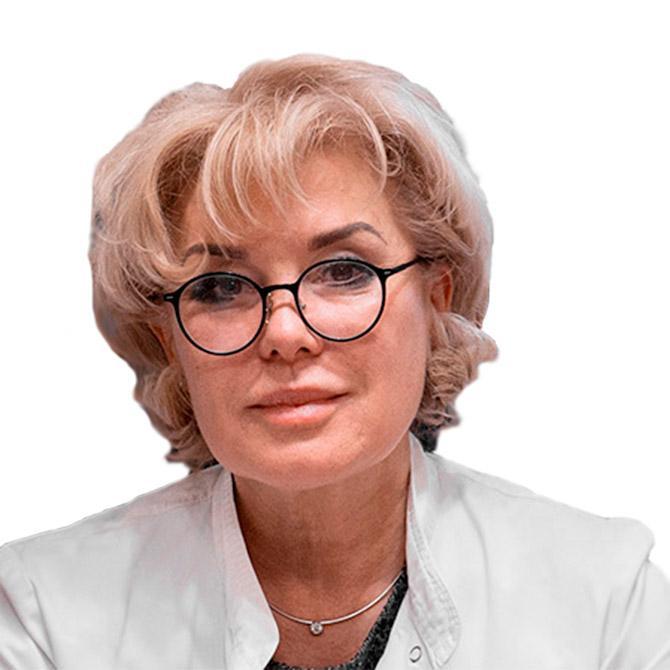
Kiseleva Marina Viktorovna
Position: head of department, oncologist, plastic surgeon, obstetrician-gynecologist
Specialization: Obstetrics and gynecology, Oncology, Plastic surgery
Degree: doctor of medical sciences, professor
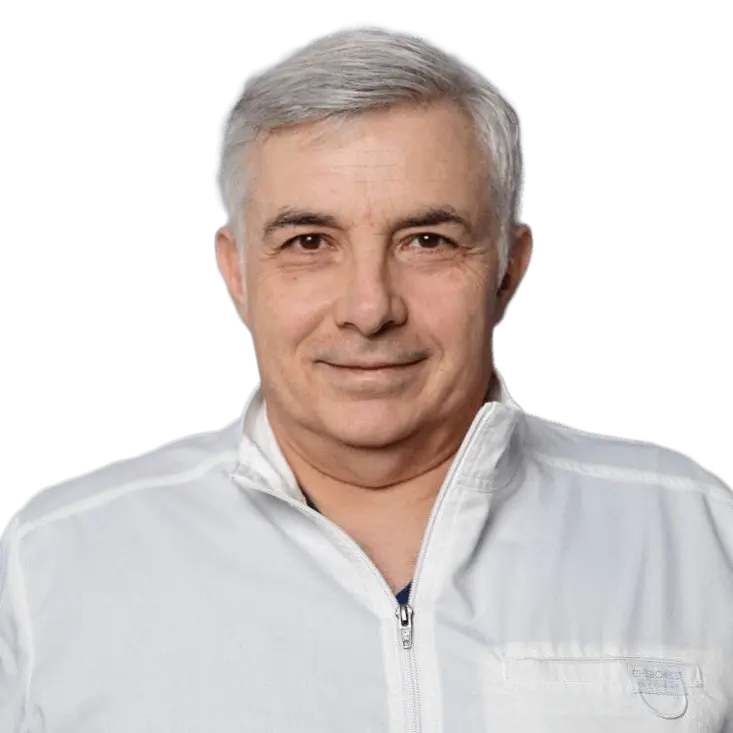
Gamzat Hashimovich Aminov
Position: oncologist
Specialization: Oncology
Degree: candidate of medical sciences
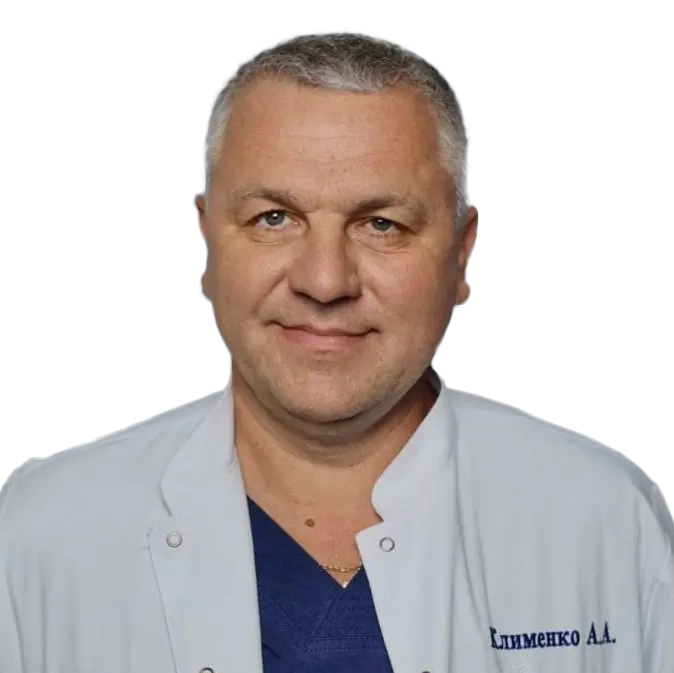
Klimenko Alexander Anatolyevich
Position: urologist, doctor of ultrasonic diagnostics
Specialization: Ultrasonic diagnostics, Urology
Degree: candidate of medical sciences
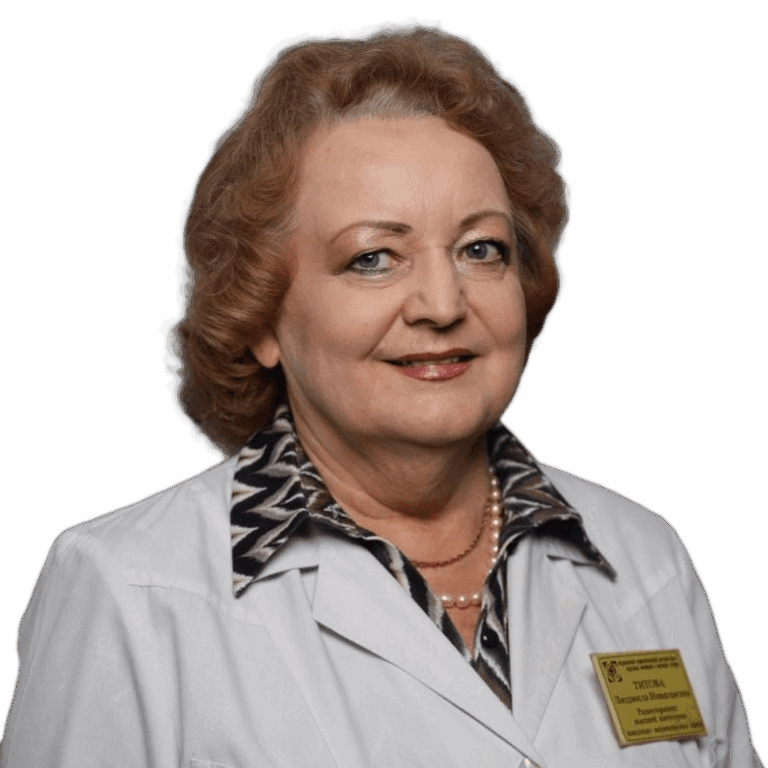
Titova Lyudmila Nikolaevna
Position: radiotherapist
Specialization: Radiotherapy
Degree: candidate of medical sciences
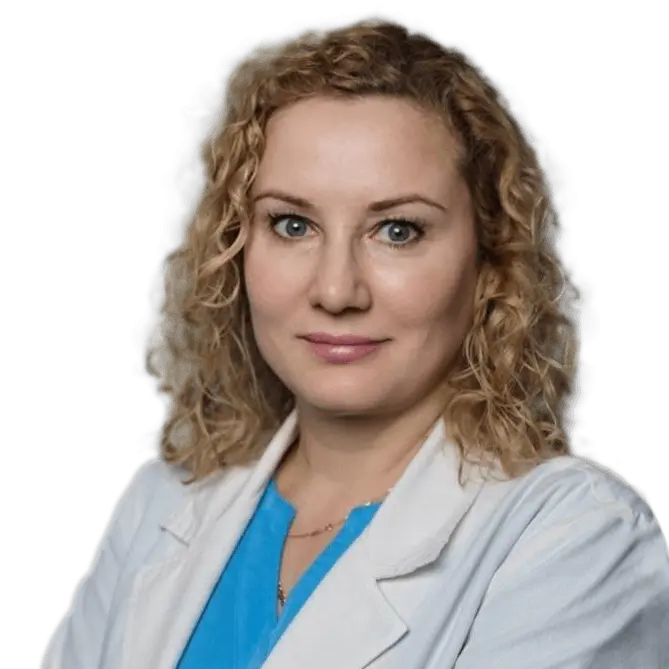
Zharikova Irina Anatolyevna
Position: senior researcher, oncologist
Specialization: Oncology
Degree: candidate of medical sciences
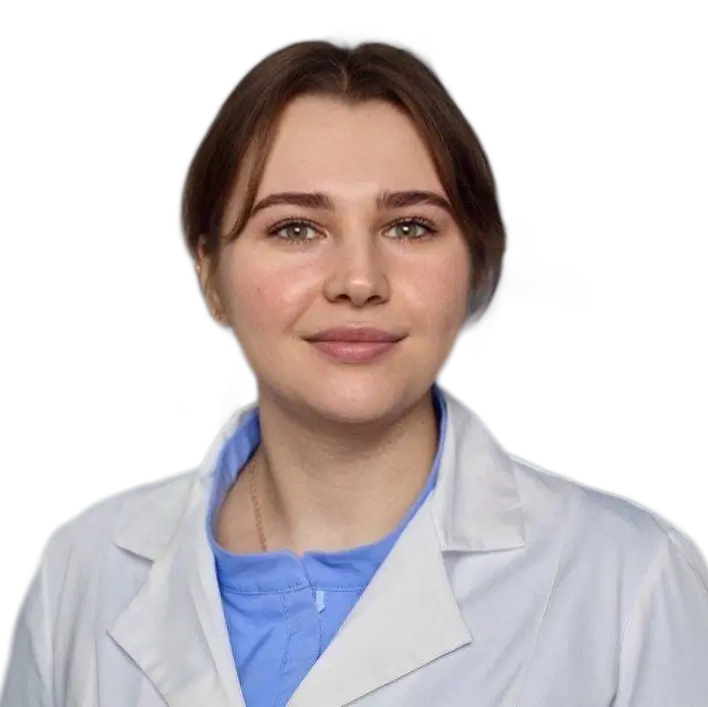
Litvyakova Elena Viktorovna
Position: oncologist
Specialization: Oncology
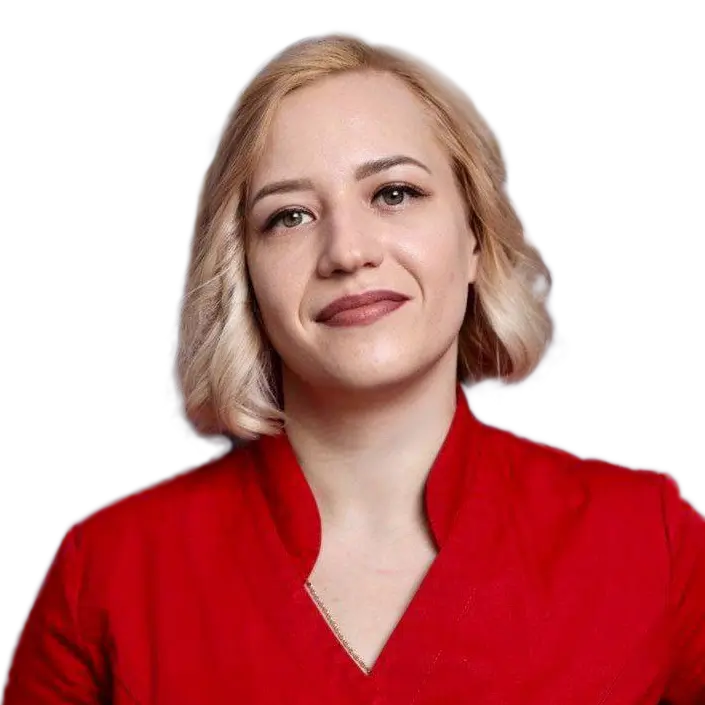
Lunkova Maria Nikolaevna
Position: oncologist, obstetrician-gynecologist
Specialization: Obstetrics and gynecology, Oncology
Alba Tatyana Ivanovna
Position: researcher, obstetrician-gynecologist
Specialization: Obstetrics and gynecology
Denisov Maxim Sergeevich
Position: researcher, oncologist
Specialization: Oncology






